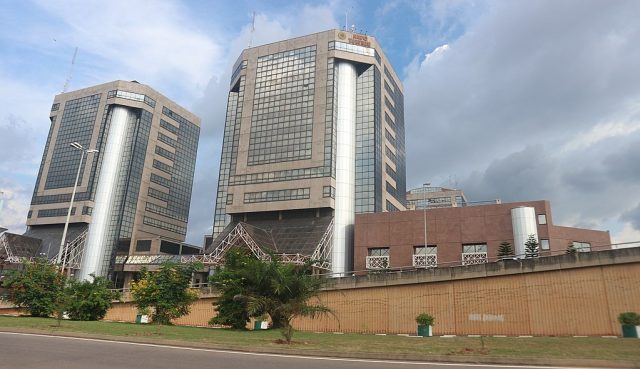The Nigerian National Petroleum Company (NNPC) Limited is considering offloading its state-owned refineries after years of costly rehabilitation efforts that have yielded limited results.
Group Chief Executive Officer of NNPC Ltd, Bayo Ojulari, disclosed that the company was reassessing its entire refinery strategy and may take a different direction following a comprehensive internal review expected to be concluded by the end of 2025.
Ojulari spoke during an interview with Bloomberg on the sidelines of the 9th Organisation of the Petroleum Exporting Countries (OPEC) international seminar in Vienna, where he described the ongoing overhaul of Nigeria’s ageing refineries as increasingly complex and fraught with technical setbacks.
Despite a $3 billion investment approved between 2021 and 2023 to revive the Port Harcourt, Warri, and Kaduna refineries, much of the expected progress has stalled.
The initial optimism that followed the Federal Executive Council’s 2021 approval of a $1.5 billion rehabilitation package for the 61-year-old Port Harcourt Refinery has since dimmed, with full operational capacity still elusive.
While the Port Harcourt facility momentarily resumed crude processing in late 2023, it shut down again in May 2025 for maintenance. The Warri and Kaduna refineries, aged 46 and 44 years respectively, remain under rehabilitation. Together, the country’s four state-owned refineries have an installed capacity of 445,000 barrels per day (bpd), but they have operated far below capacity or remained idle for years.
Ojulari noted that the company had deployed significant resources and modern technologies in the past few years, but the outcome has not matched expectations.
He explained that technical challenges, especially with ageing infrastructure, that had been left dormant for extended periods, have made the rehabilitation efforts more complicated than anticipated.
The potential sale of the refineries comes amid growing criticism of NNPC’s past spending. Although the facilities did not undergo full Turnaround Maintenance (TAM) in recent years, the National Assembly has repeatedly accused the company of spending over N11.35 trillion (approximately $25 billion) across a decade with little to show for it.
Amid these concerns, NNPC appears to be aligning with broader reforms in Nigeria’s oil sector, which increasingly favours private sector involvement. If concluded, the sale of the refineries would mark a significant policy shift and a potential end to Nigeria’s decades-long effort to revive its ailing downstream infrastructure through public funds.
In the same interview, Ojulari shed light on Nigeria’s crude oil production costs, which he said remain relatively high.
Operating costs range between $20 and $30 per barrel – figures he attributed largely to the expenses involved in securing oil infrastructure. He pointed out that the country has now achieved 100 per cent pipeline availability, following major security-related investments.
Despite the high costs, Ojulari expressed optimism that Nigeria’s oil production would rebound. The government aims to reach an output level of 1.9 million barrels per day by the end of 2025, up from current figures that remain below OPEC quotas.







